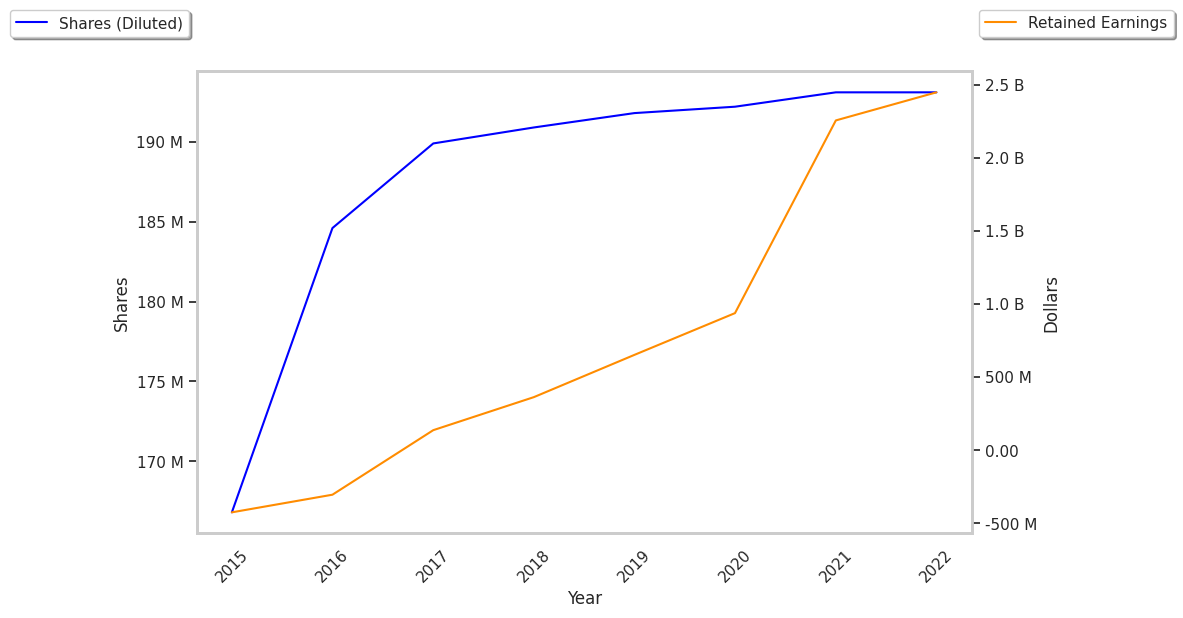With an average analyst rating of buy, TransUnion is clearly an analyst favorite. But the analysts could be wrong. Is TRU overvalued at today's price of $86.82? Let's take a closer look at the fundamentals to find out.
The first step in determining whether a stock is overvalued is to check its price to book (P/B) ratio. This is perhaps the most basic measure of a company's valuation, which is its market value divided by its book value. Book value refers to the sum of all of the company's assets minus its liabilities -- you can also think of it as the company's equity value.
Traditionally, value investors would look for companies with a ratio of less than 1 (meaning that the market value was smaller than the company's book value), but such opportunities are very rare these days. So we tend to look for company's whose valuations are less than their sector and market average. The P/B ratio for TransUnion is 3.86, compared to its sector average of 1.78 and the S&P 500's average P/B of 4.74.
Modernly, the most common metric for valuing a company is its Price to Earnings (P/E) ratio. It's simply today's stock price of 86.82 divided by either its trailing or forward earnings, which for TransUnion are $1.87 and $4.56 respectively. Based on these values, the company's trailing P/E ratio is 46.4 and its forward P/E ratio is 19.0. By way of comparison, the average P/E ratio of the Finance sector is 15.92 and the average P/E ratio of the S&P 500 is 29.3.
If a company is overvalued in terms of its earnings, we also need to check if it has the ability to meet its financial obligations. One way to check this is via the so called Quick Ratio or Acid Test, which is the sum of its current assets, inventory, and prepaid expenses divided by its current liabilities. TransUnion's Quick ratio is 1.682, which indicates that that its total liquid assets are sufficient to meets its current liabilities.
One last metric to check out is TransUnion's free cash flow of $516.7 Million. This represents the total sum of all the company's inflows and outflows of capital, including the costs of servicing its debt. It's the final bottom line of the company, which it can use to re-invest or to pay its investors a dividend. With such healthy cash flows, investors can expect TransUnion to keep paying its 0.5% dividend.
Shares of TransUnion appear to be overvalued at today's prices — despite the positive outlook from analysts. But sometimes stocks with inflated valuations turn out to be strong performances for years, and even decades, such as Amazon. So be sure to do your own due diligence if you are interested in taking a long position in TRU.



